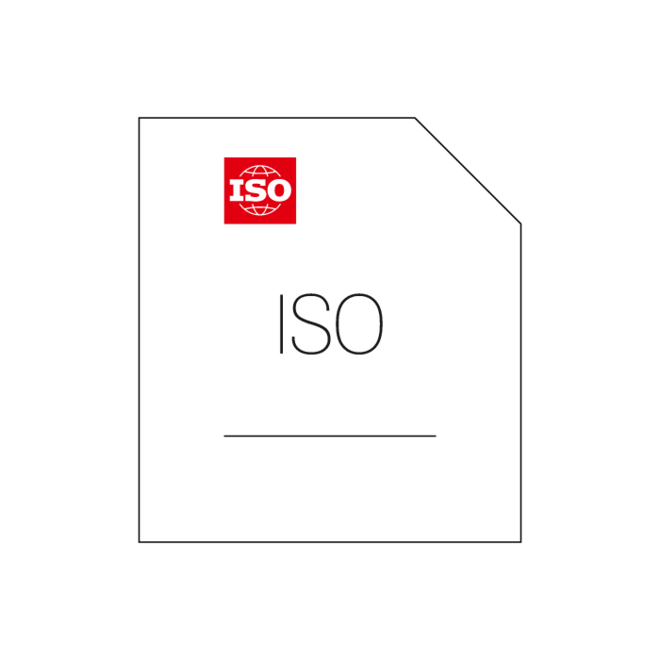ISO 17636-2:2013
Issue date: 2013 01 08
Non-destructive testing of welds — Radiographic testing — Part 2: X- and gamma-ray techniques with digital detectors
ISO 17636-2:2013 specifies fundamental techniques of digital radiography with the object of enabling satisfactory and repeatable results to be obtained economically. The techniques are based on generally recognized practice and fundamental theory of the subject.
ISO 17636-2:2013 applies to the digital radiographic examination of fusion welded joints in metallic materials. It applies to the joints of plates and pipes. Besides its conventional meaning, "pipe", as used in this International Standard, covers other cylindrical bodies such as tubes, penstocks, boiler drums, and pressure vessels.
ISO 17636-2:2013 specifies the requirements for digital radiographic X- and gamma-ray testing by either computed radiography (CR) or radiography with digital detector arrays (DDA) of the welded joints of metallic plates and tubes for the detection of imperfections.
Digital detectors provide a digital grey value (GV) image which can be viewed and evaluated using a computer. ISO 17636-2:2013 specifies the recommended procedure for detector selection and radiographic practice. Selection of computer, software, monitor, printer and viewing conditions are important, but are not the main focus of ISO 17636-2:2013. The procedure specified in ISO 17636-2:2013 provides the minimum requirements for radiographic practice which permit exposure and acquisition of digital radiographs with equivalent sensitivity for detection of imperfections as film radiography, as specified in ISO 17636-1.
ISO 17636-2:2013 does not specify acceptance levels for any of the indications found on the digital radiographs.
If contracting parties apply lower test criteria, it is possible that the quality achieved is significantly lower than when ISO 17636-2:2013 is strictly applied.




